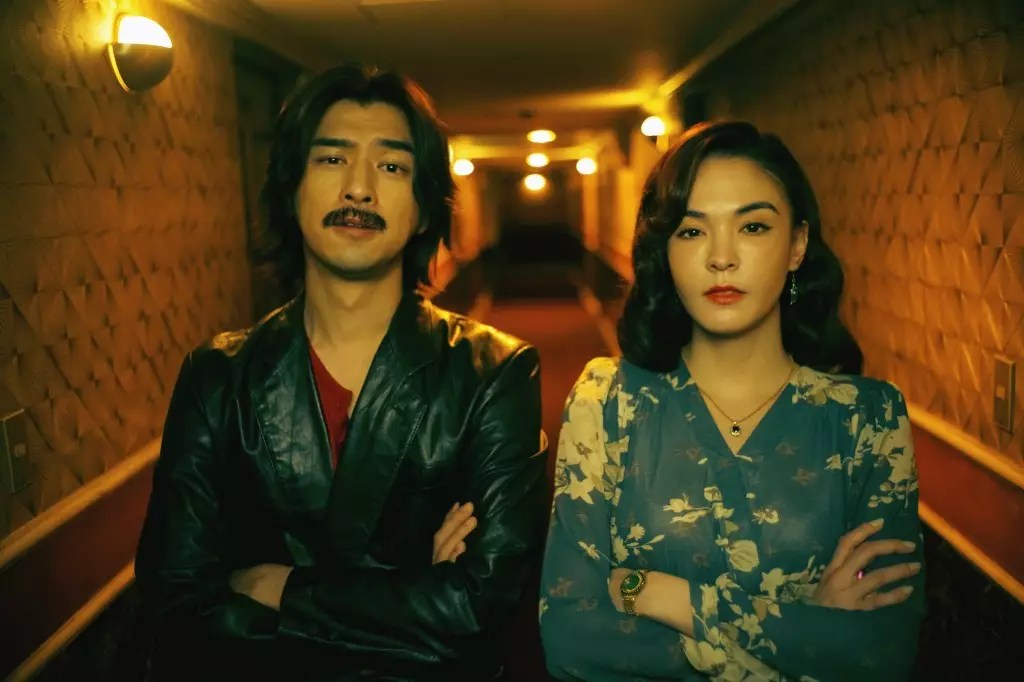The annual Golden Horse Awards, a prestigious event in the Asian film industry, has kicked off this year’s nominations, showcasing an impressive array of talent and creativity. Leading the pack is John Hsu’s horror comedy, “Dead Talents Society,” which has garnered a staggering 11 nominations, including key categories such as Best Narrative Feature, Best Director, and Best Original Screenplay. The film delves into a captivating premise, where ghosts inhabit a unique underworld, striving to haunt the living in a bid for post-mortem recognition. This ingenious concept weaves humor with horror, illustrating an innovative merging of genres that could resonate well with diverse audiences.
Producing this imaginative project are notable companies including Activator Co and Sony Pictures International Productions, alongside local partners. This collaborative effort symbolizes the growing synergy among Taiwanese filmmakers and international entities, establishing a robust platform for diverse storytelling.
Following the lead of “Dead Talents Society” are Tom Lin’s “Yen And Ai-Lee” and Geng Jun’s “Bel Ami,” both securing eight nominations. This competitiveness illustrates the rich tapestry of narratives and artistic expression flourishing in contemporary Asian cinema. “Dead Talents Society” and “Bel Ami” are engaged in a head-to-head competition for the Best Narrative Feature title, alongside strong contenders like Ray Yeung’s “All Shall Be Well,” and Yeo Siew-hua’s “Stranger Eyes.” This impressive lineup showcases distinct storytelling styles, from poignant dramas to innovative narrative devices, reflecting the dynamic spectrum of contemporary filmmaking.
The nominations list also shines a light on both emerging and established actors. In the Best Leading Actor category, celebrated performances by King Jieh-wen in “A Journey In Spring” and Chang Chen in “The Embers” illustrate the range and talent present in the industry. Standout performances, such as Wanlop Rungkumjad’s role in “Mongrel,” a poignant depiction of a migrant care worker, demand attention and have already received accolades, including a Special Mention at the prestigious Cannes film festival. This trend of recognizing acclaimed performances from lesser-known films mirrors the industry’s growing appreciation for nuanced storytelling and character development.
In the realm of female performances, a competitive Best Leading Actress category features talents like Kimi Hsia in “Yen And Ai-Lee,” highlighting the representation of strong narratives led by women in contemporary cinema. The nominations extend to Best Supporting categories, which include a diverse assortment of performances that further enrich the cinematic landscape, showcasing a blend of seasoned and emerging actors.
Finally, the Best New Director nominations underscore the fresh innovations shaping the future of the Asian film industry, with films like “Some Rain Must Fall” gaining recognition at international festivals. This commitment to nurturing new talent alongside venerated figures indicates a conscientious effort within the industry to foster diversity, create dialogue, and promote artistic growth.
Overall, this year’s Golden Horse Awards not only celebrates cinematic excellence but also encapsulates a spirit of collaboration, diversity, and innovation within the Asian film landscape, paving the way for a vibrant future. As the awards ceremony approaches, the anticipation surrounding these nominations reflects the ever-evolving nature of storytelling in cinema, ensuring that audiences continue to be engaged, entertained, and inspired.


Leave a Reply